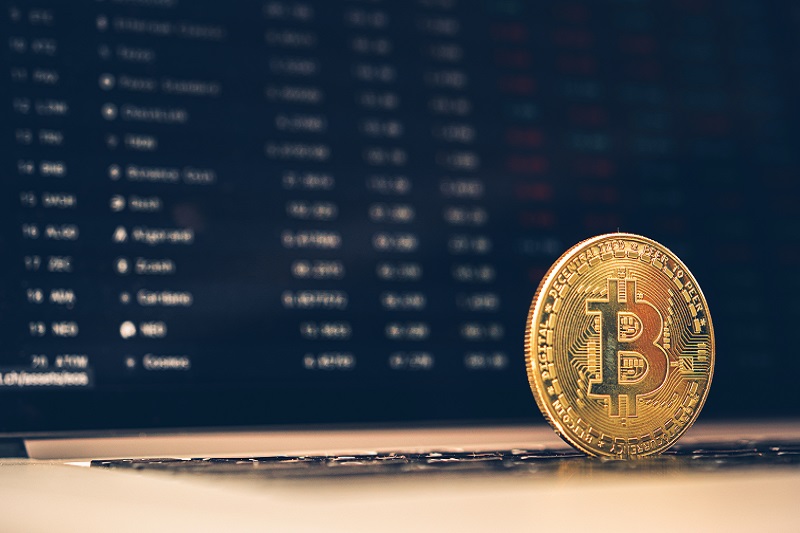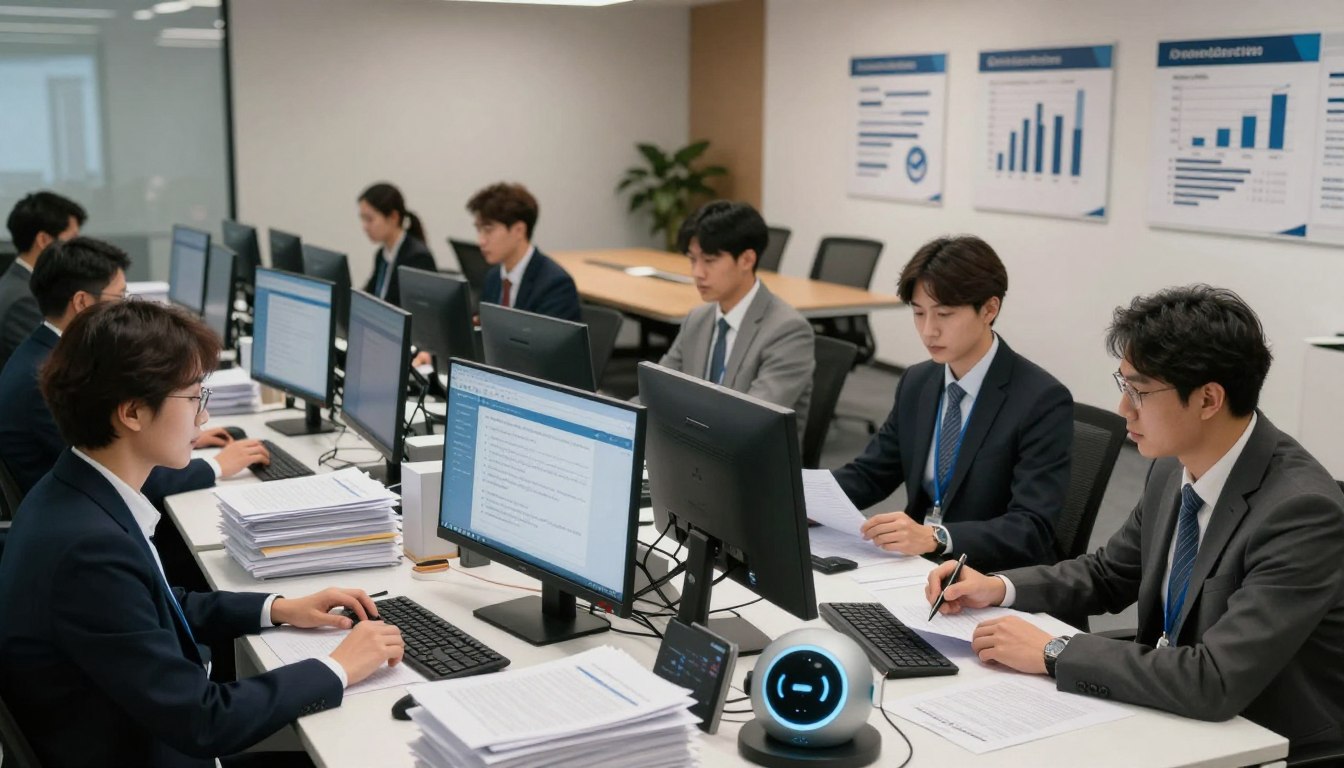by jiawen
Share
Share
However, recent turmoil in cryptocurrency market and the dramatic plunge in prices of digital assets have triggered MAS to impose the stricter control over digital assets to better protect the consumers. While growing the digital asset capabilities, MAS is taking a proactive approach in managing the associated risks within the crypto ecosystem. There are four potential risks that MAS is observing closely which include money laundering and terrorism financing (ML/TF) risks, technology and cyber risks, consumer protection and lastly financial stability of the service providers. Therefore, local crypto players should establish a robust risk management framework that allows them to better control their risk exposure.
Recent Updates
The managing director of MAS, Mr Ravi Menon said during the MAS Annual Report 2021/2022 Media Conference that the Authority plans to further strengthen the crypto regulations. The revised regulations will possibly broaden the scope of regulations to cover more activities and further limit retail investors’ access to crypto. This indicates that industry players who currently fall outside the scope may now require a licence to operate.
Conclusion
To become a responsible crypto service licensee, companies should at least satisfy the expectations of MAS by having a formalised approach to conduct ML/TF risk assessment of its new products and technologies. Second, crypto service providers have the obligations to conduct proper customer due diligence on an ongoing basis to ensure that all digital payment transactions and their customers’ identities are legitimate and accurate. Furthermore, it is important for crypto service licensees to strengthen cyber resilience with its technology risk management framework.
Read more about why your company should put in place technology risk management framework: Technology as a Double-Edged Sword to Financial Institutions
How We Can Help
In Alder, we help licence applicants to understand what admission criteria MAS is looking for and provide guidance to drive regulatory compliance, including:
- Offer Useful Advice on the Specific Licence Requirements
- Assist with the PSP Licence Application
- Review the Submission Documents (Form 1 and the supporting documents)
- Liaise with MAS on Licence Application-related matters
- Provide On-going Compliance Support Post-Licence Approval
Reference Materials
Ghosh, S & Mokhtar, F. (2022). ‘Singapore plans further strengthening of crypto regulations’, The Edge Markets, 19 July. Available at: https://www.theedgemarkets.com/article/singapore-plans-further-strengthening-crypto-regulations
Lim, H. J. (2022). ‘MAS grants IPA for digital payment token licence to 3 crypto firms, including Crypto.com.’ The Edge Singapore, 22 June. Available at: https://www.theedgesingapore.com/news/cryptocurrency/mas-grants-ipa-digital-payment-token-licence-3-crypto-firms-including-cryptocom
Explore SFO, MAS Licensed, CMS License requirements for 13O, 13U, and AML/CFT policy in Singapore.
Outsource your insurance broker's compliance needs to Alder - experts in MAS filings, AML/CFT, and Outsourced Compliance.
Venezuela-linked cases can trigger higher sanctions and AML/CFT risk. Alder supports Singapore firms with customer screening and outsourced compliance for peace of mind.
Compliance should not slow a fund down. We support VCFMs with right-sized, cost-efficient compliance that scales as you grow, so you can focus on investing while regulatory expectations are met.






